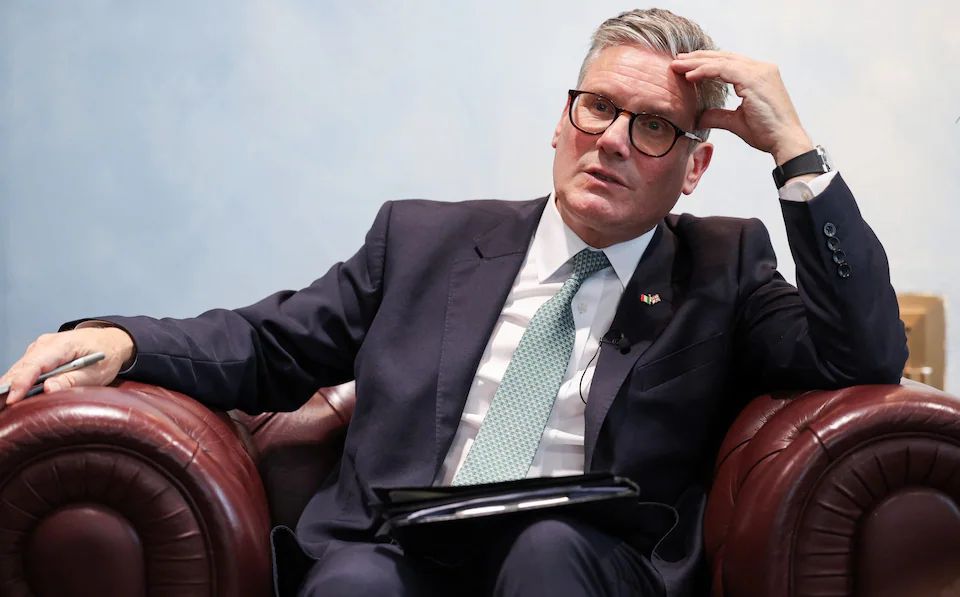Sir Keir Starmer’s government has come under fire for increasing spending on consultants during its first year in power despite a campaign pledge to slash such costs.
New data from procurement analysts Tussell reveals that the public sector awarded 580 consultancy contracts worth £1.29 billion between July 2024 and June 2025. This marks a 5% increase on the £1.23 billion spent during the same period under the previous Conservative government.
The figures appear to undermine Labour’s promise to curb unnecessary consultancy spending and deliver £1.2 billion in savings by 2026. Upon entering government, Labour introduced new controls on Whitehall’s use of external advisers to signal a break from past practices.
Critics, however, say the figures expose a clear policy reversal. Nathaniel Fried, a former head of government efficiency at Reform UK, accused Labour of hypocrisy by highlighting that the party accepted over £100,000 in free consultancy work from PwC and EY in the run-up to the 2024 general election.
“Labour has accepted hundreds of thousands of pounds in free labour from EY and PwC and is now U-turning on their promise to cut spending on said consultants by hundreds of millions,” Fried said.
“The ‘big four’ consultancies have infiltrated every level of our government. Reliance on them is hollowing out the Civil Service, reducing in-house expertise and creating external dependency.”
Electoral Commission filings confirm that PwC provided Labour with £100,208 of support during the election period, while EY offered an additional £45,015 in pro bono work.
Although Labour has reduced the number of consultancy contracts issued down from 687 last year to 580 total spending has still climbed. Large contracts include a £186 million deal awarded to KPMG to train civil servants and a £120 million technology contract handed to Deloitte by HM Revenue and Customs.
Fiona Czerniawska, chief executive of Source Global Research, said cutting back consultancy usage without reinvesting in civil service capability would be extremely difficult. “The public sector depends on consultants and you can’t significantly reduce their use without significantly upgrading internal expertise.”
Tamzen Isaacson, head of the Management Consultancies Association, echoed that view, arguing that bringing in short term private sector expertise is more cost effective than maintaining in house equivalents for specialist projects.
Fried, who had led Reform’s cost cutting division before stepping down in June, suggested Labour’s reliance on consultancies stems from a broader cultural issue.
“Labour benches are full of former consultants who don’t believe in the capacity of the Civil Service. They’d rather outsource everythingeven at the taxpayer’s expense,”she said
The Cabinet Office defended the government’s record, insisting that it has already saved more than £550 million from reducing consultancy spending in 2024–25 alone. It said it remains committed to further cuts, targeting £680 million in savings next year and £700 million annually through to 2029.
A spokesperson also pointed out that Tussell’s figures include consultancy contracts across the wider public sector, such as NHS England and local authorities. Labour’s cost-cutting targets, they clarified, specifically apply to Civil Service spending.
EY and PwC are yet to comment as well as the Labour Party.



